Tell me: how many of you did not enjoy Braveheart because the Scots wear kilts (which weren’t in common usage until 4oo years later) and because primae noctis is probably a myth?
Would such historical errors have bothered you more if they had been written in a book?
In other words - when should we let the truth get in the way of a good story?
Here’s 5½ points to consider.
1.SHOULD WE BURN RICHARD III?
As Philippa Gregory pointed out: “Too many critics think of historical fiction as flawed and unreliable history, written by authors too lazy to check the facts. Others condemn it for being insufficiently imaginative, written by authors too lazy to invent.”
So which is it?
It seems to be a genre that’s never found a home with itself. Is it about history or is it about story? Is it about research or about entertainment?
No other genre has this amount of soul searching. If Historical Fiction was a person it would be a deeply troubled soul, a Jekyl and Hyde personality who spent half their time in libraries and the other half pretending to be a pirate.
I don’t even pretend to have an answer for this; the answer is not definitive, unless you want to maintain that books like Ragtime (in which Freud and Jung go to Atlantic City and take a ride through the Tunnel of Love) should never have been written; movies like Amadeus (in which Salieri’s pathological jealousy drives Mozart to an early grave) should never be made; and plays like Richard III (no he wasn’t bad, he didn’t have a hunchback and he probably didn’t murder the princes in the tower either) should be burned and banned from being performed ever again.
It’s true. Freud and Jung did not go on joyrides together, Salieri and Mozart were civilized to each other, and Richard III was a good bloke. Right - on the bonfire they go.
There goes a National Book Critics Circle Award winner, an Oscar and Golden Globes winning movie and one of the British literature’s greatest dramatic achievements.
2. AUTHORS HAVE A SACRED RESPONSIBILITY TO CONVEY THE TRUTH
Okay. But what is the truth? Anyone who has done any historical research knows that trying to get historians to agree on anything is like putting two tomcats in a bag.
History is like subatomic science. What you see depends on who is looking.
Robert Graves’ “I, Claudius” is considered an historical masterwork, and to research it he relied heavily on the histories of Tacitus and Suetonius, among others. Graves presents Livia Drusilla as the primary villain of the piece, but Tacitus is the only one of his sources that demonizes her. Because this view corresponded to Graves’ preferred characterization of the historical Livia, he chose to overlook the others.
In other words, though he tried to make the novel as historically accurate as possible, he was also selective with his facts. Like all HF authors he was expected to maintain fictional creativity while upholding the concept of historical truth. It’s an impossible contradiction.
He interpreted his facts, just like historians do.
Not good enough. On the fire he goes. (The novel is ranked by Time magazine as one of the best 100 novels of the 20th century.)
3. Q: WHAT DOES A 13TH CENTURY SCOTSMAN WEAR UNDER HIS KILT?
A: HE DOESN’T WEAR A KILT.
My own view on how to go about writing historical fiction? I admire what Philippa Gregory says about it: she feels like a detective at a crime scene, looking at a body. ‘We know that person was here, we know they end up over there. Why would they do that? Who would have been with them? What were they feeling?’
But not all fiction writers do that. And it’s certainly not the approach taken by Hollywood screenwriters. There is no level playing field there. A novelist could never get away with Braveheart, for example, which is so full of inaccuracies that it barely leaves any space for historical truth.
But it is a wildly popular movie and many people say that it moved them to look up the real history afterwards.
Ah, but is this always true?
4. BUT FICTION IS THE ONLY HISTORY SOME PEOPLE GET
John Boyne’s novel, The Boy in the Striped Pyjamas, is about the friendship between the young son of a Nazi Concentration Camp Commandant at Auschwitz and a Jewish boy who is a prisoner in the camp. It was a massive international bestseller - but one rabbi called it a ‘profanation’ in that the improbable plot would lead people to believe that that people living close by did not know what was happening inside.’Besides, there weren’t any children in Auschwitz - the Germans gassed them as soon as they got off the train.
Yet many people were deeply moved by the story. Five million people bought it.
So what are the rules? Where do we draw the line between Boyne and England’s greatest dramatist because everything most people know about Richard III comes from Shakespeare.
(BTW, am I still okay to throw this DVD of Abraham Lincoln, Vampire Hunter on the fire? Never mind, too late, the plastic cover’s already melting.)
5. BUT THE READER IS A SCHIZOPHRENIC AS WELL
Readers of historical fiction get a lot of pleasure discovering other times and places through novels and they don’t like to be cheated out of that. What was it like to be a harem girl in the time of Suleiman? Or a Spanish conquistadore seeing Tenochtitlan for the first time? Or a female shaman on the steppes in the time of Khubilai Khan? Well, I researched all those things diligently, with this in mind.
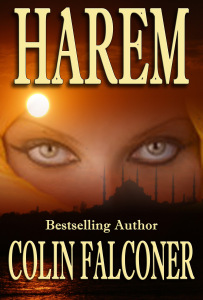 I both researched and invented; as I have done all my life. When I was writing crime thrillers, I befriended triad detectives and members of London AMIT squads and read police manuals. It’s part of the writer’s job.
I both researched and invented; as I have done all my life. When I was writing crime thrillers, I befriended triad detectives and members of London AMIT squads and read police manuals. It’s part of the writer’s job.
But does the reader always care? The answer: yes, if it’s a book, not so much if it’s a movie. Is it fair? No. It’s just how it is.
5½ IN THE END IT’S SOPHIE’S CHOICE
Canadian novelist Wayne Johnston says his historical fiction ‘is not based upon the kind of truth pursued by biographers and historians. Adherence to the ‘facts’ will not lead you safely through the labyrinthine pathways of the human heart.’
Well said. For myself I spend longer being a student of story than a student of history. Left with Sophie’s choice, and even as meticulous as I am with research, I still know which baby I’d give to the German officer.
But that’s just me. What do you think?
[youtube http://www.youtube.com/watch?v=Sfb_jAh6eFk&w=560&h=315]


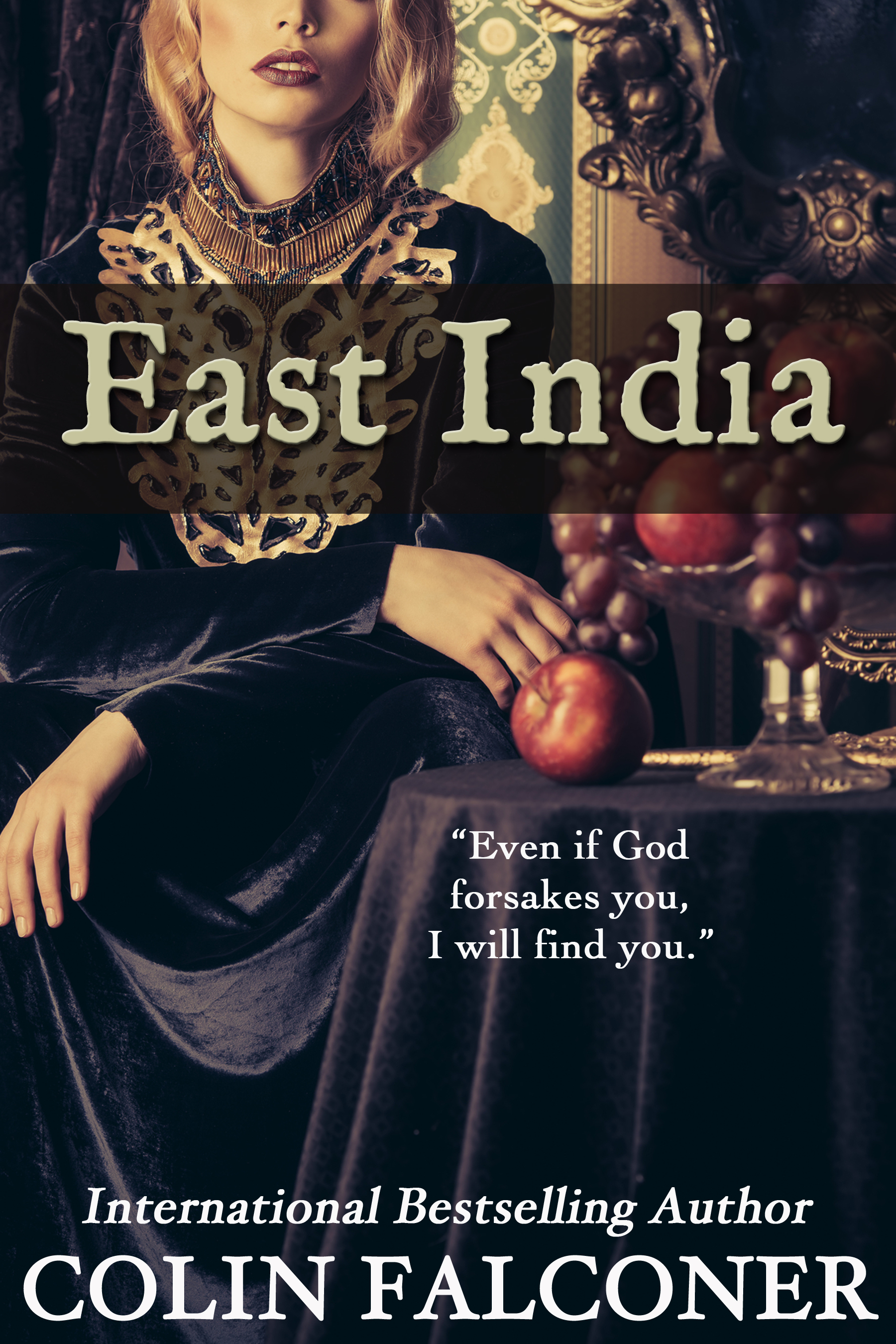
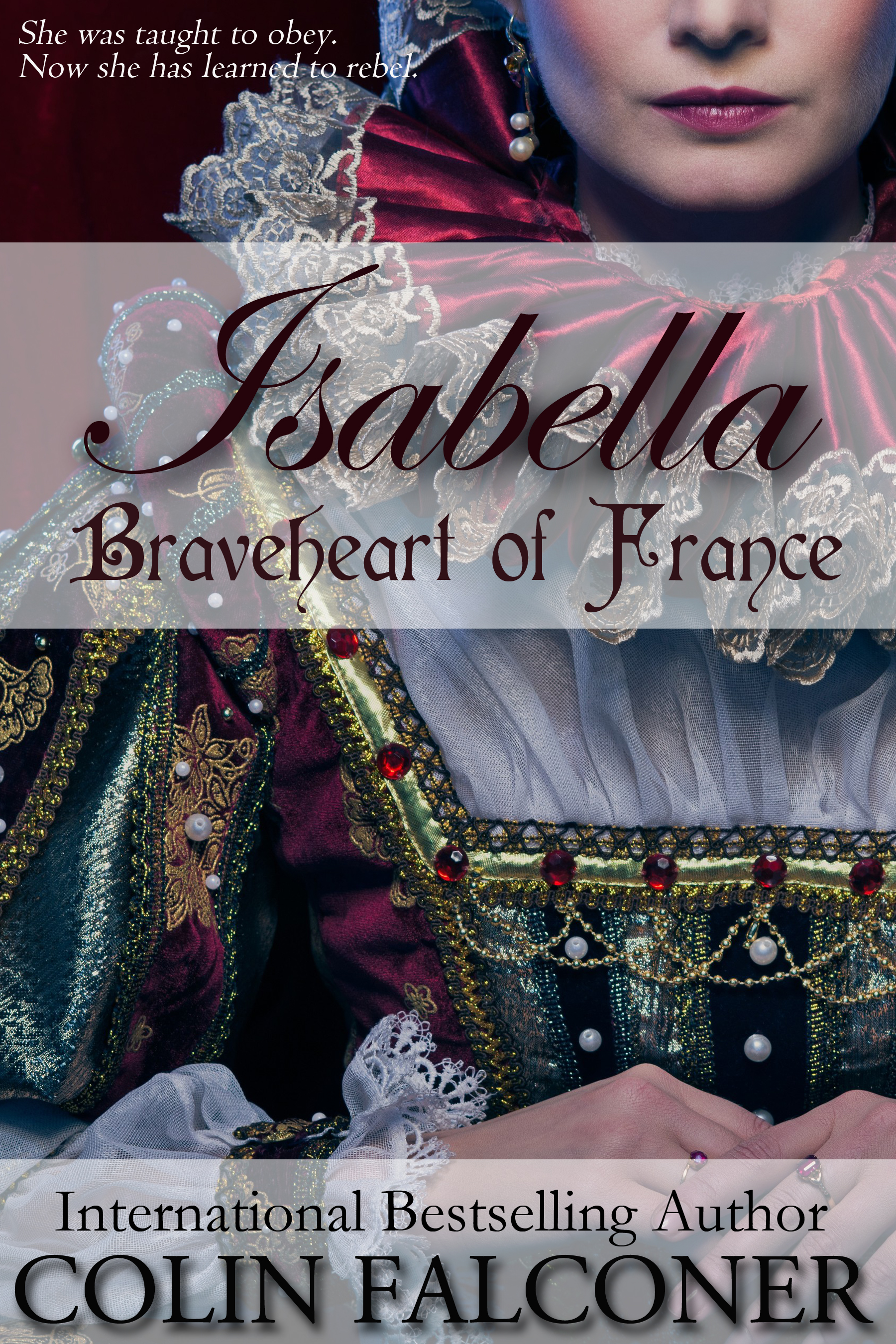
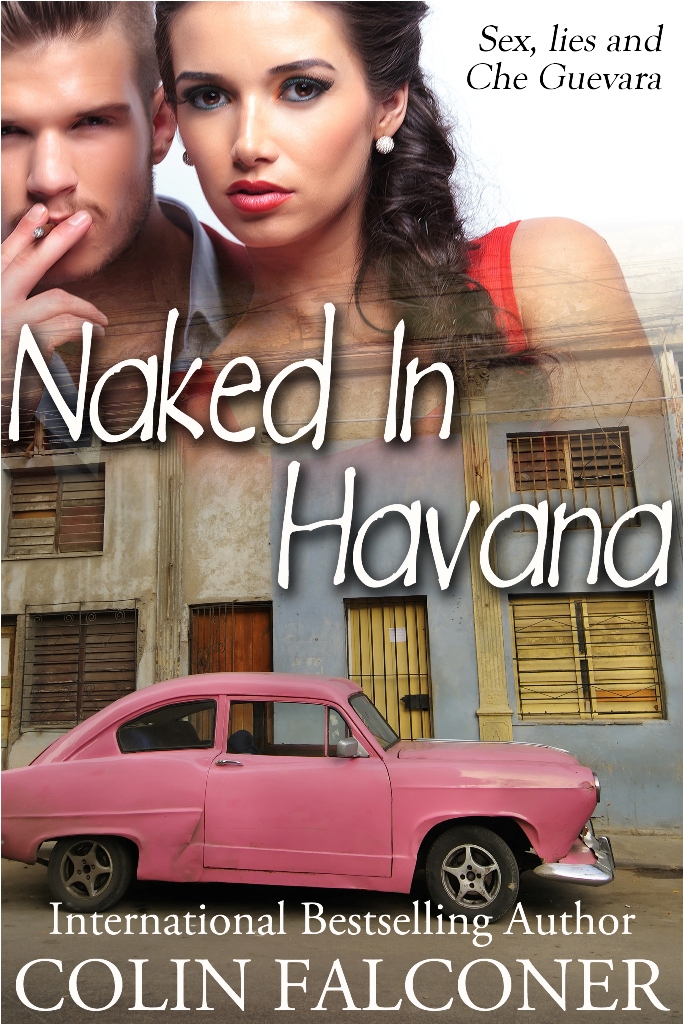
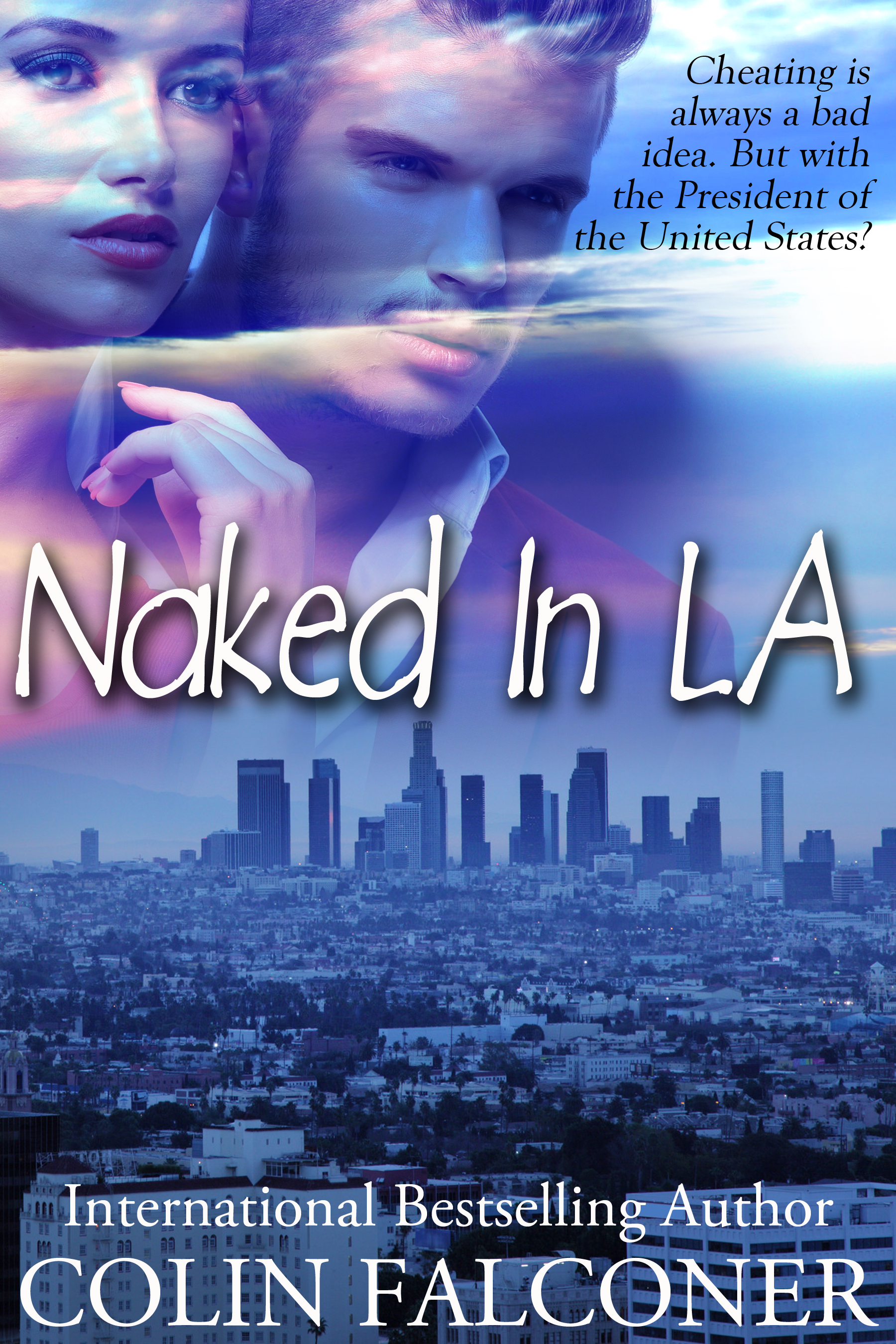
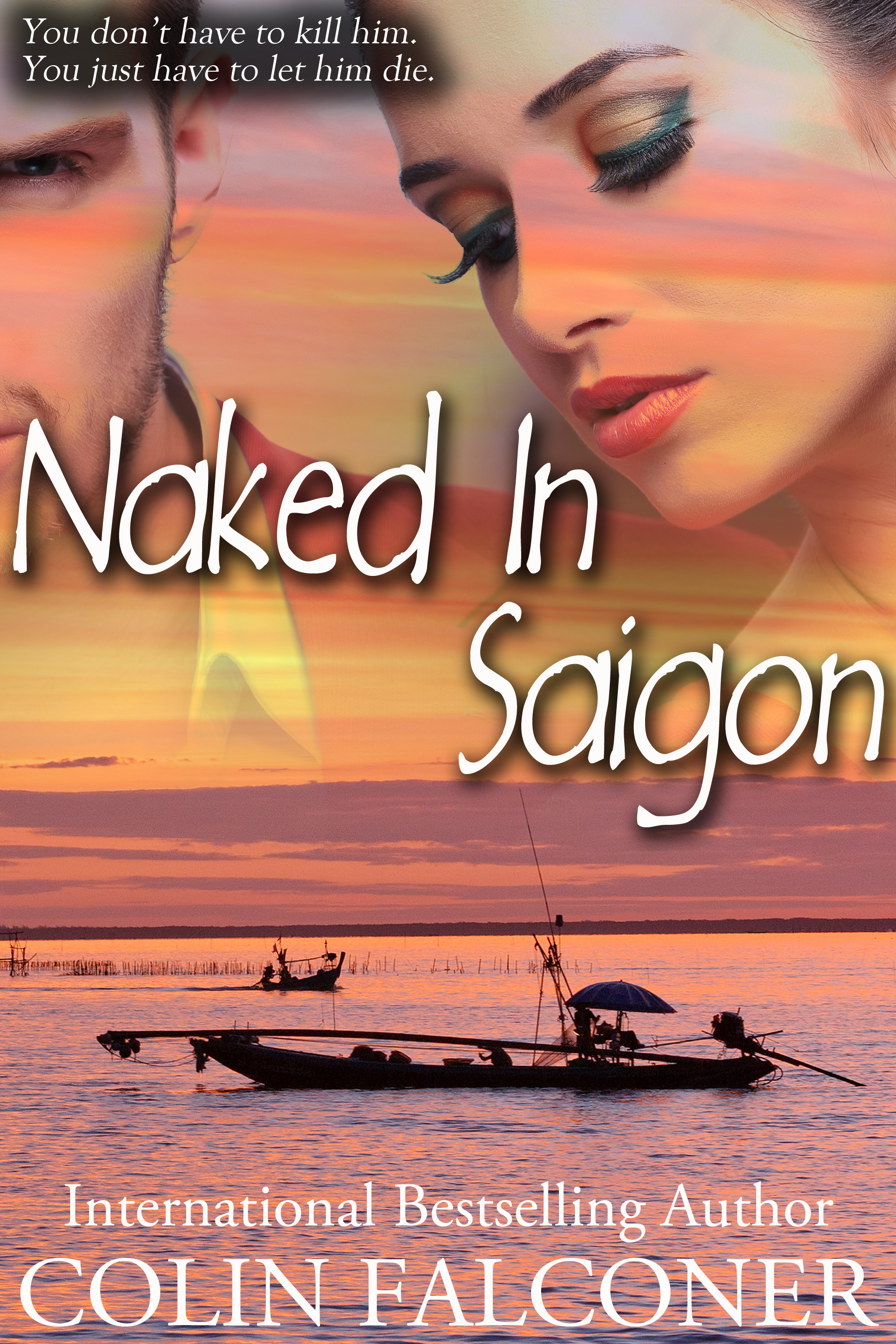
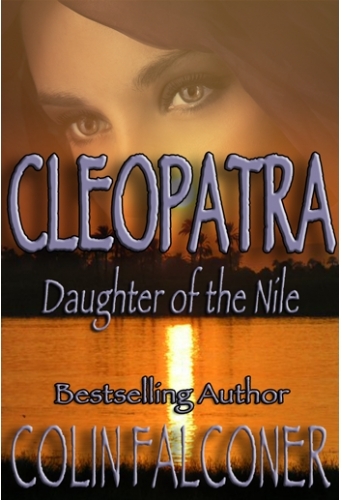
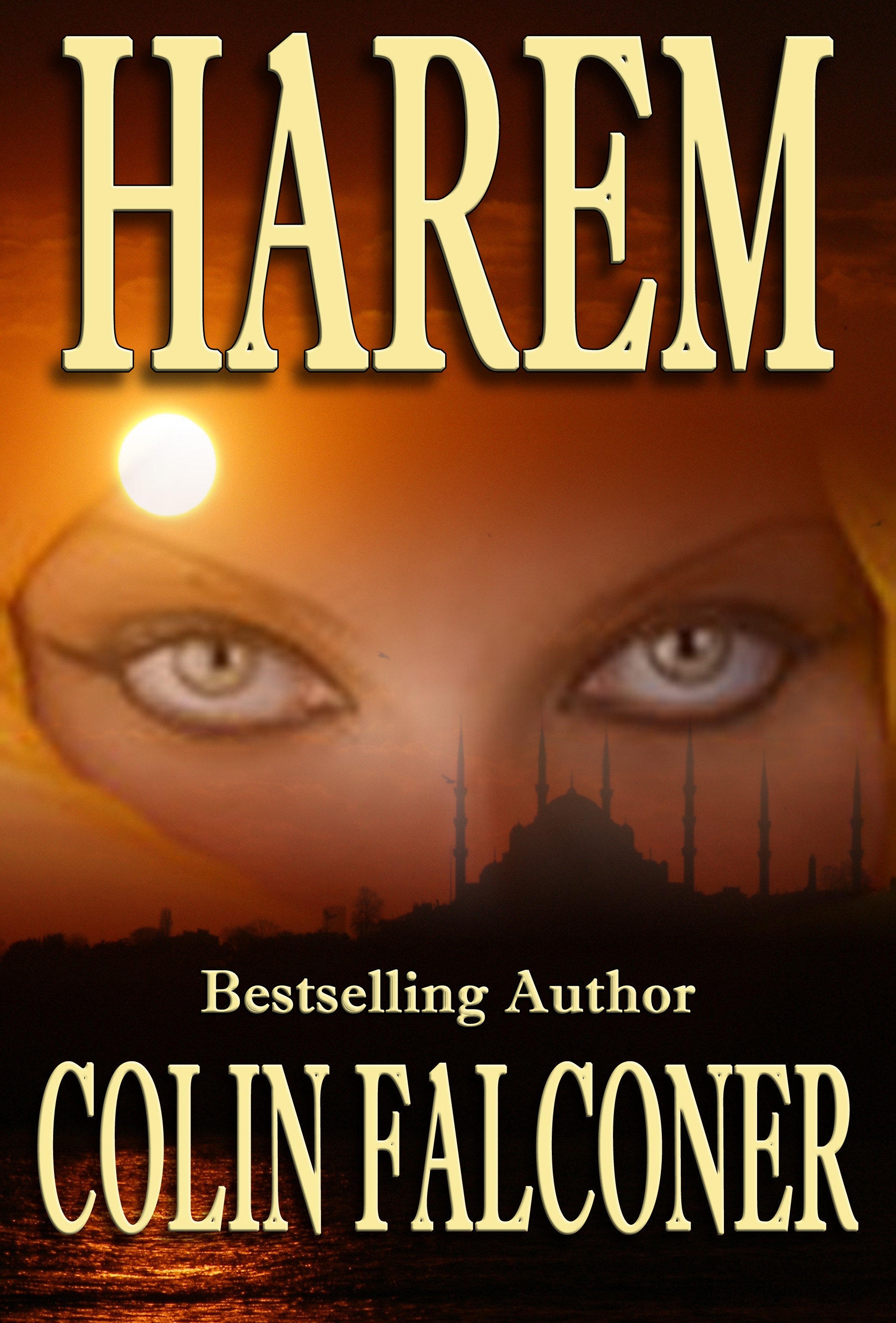
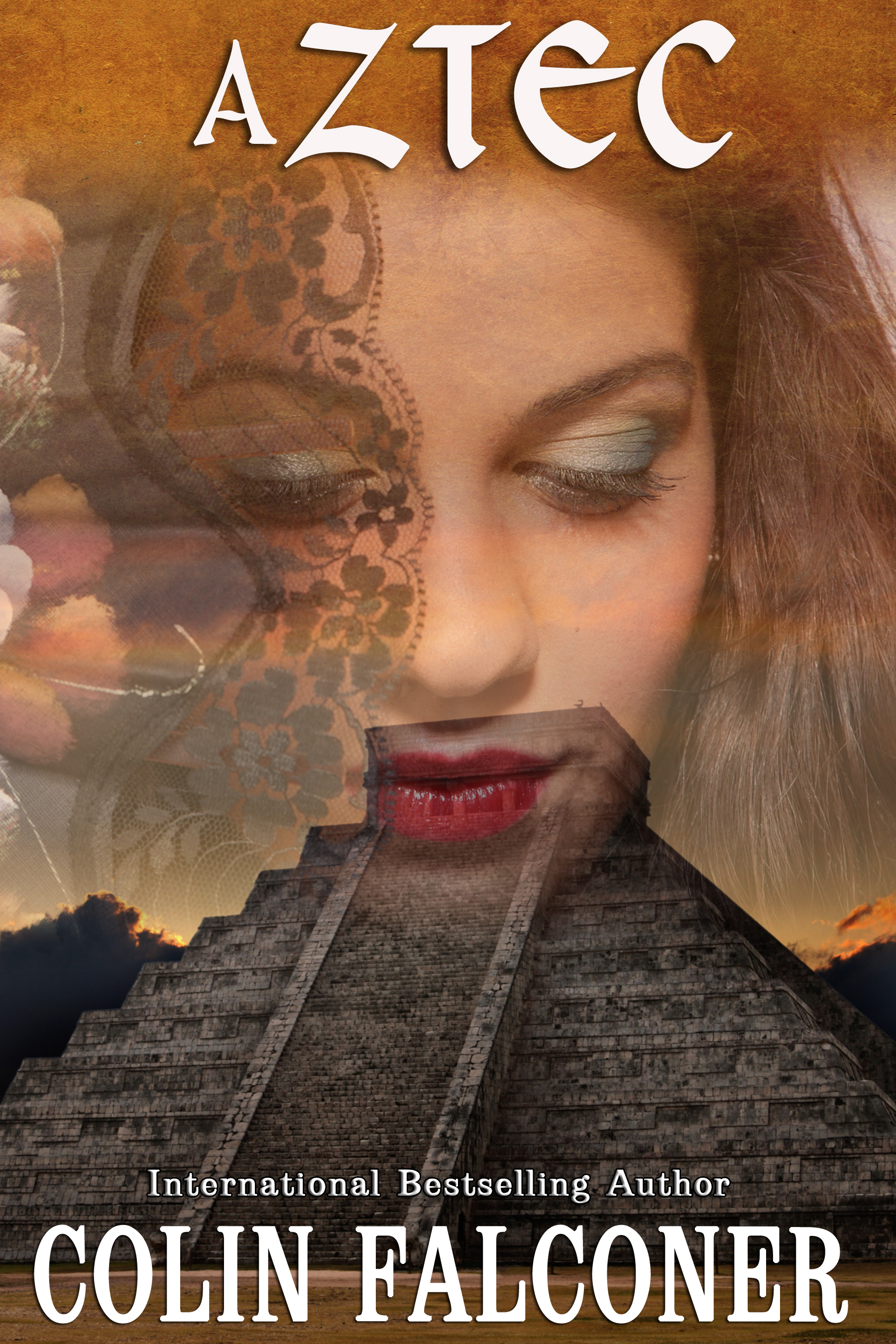
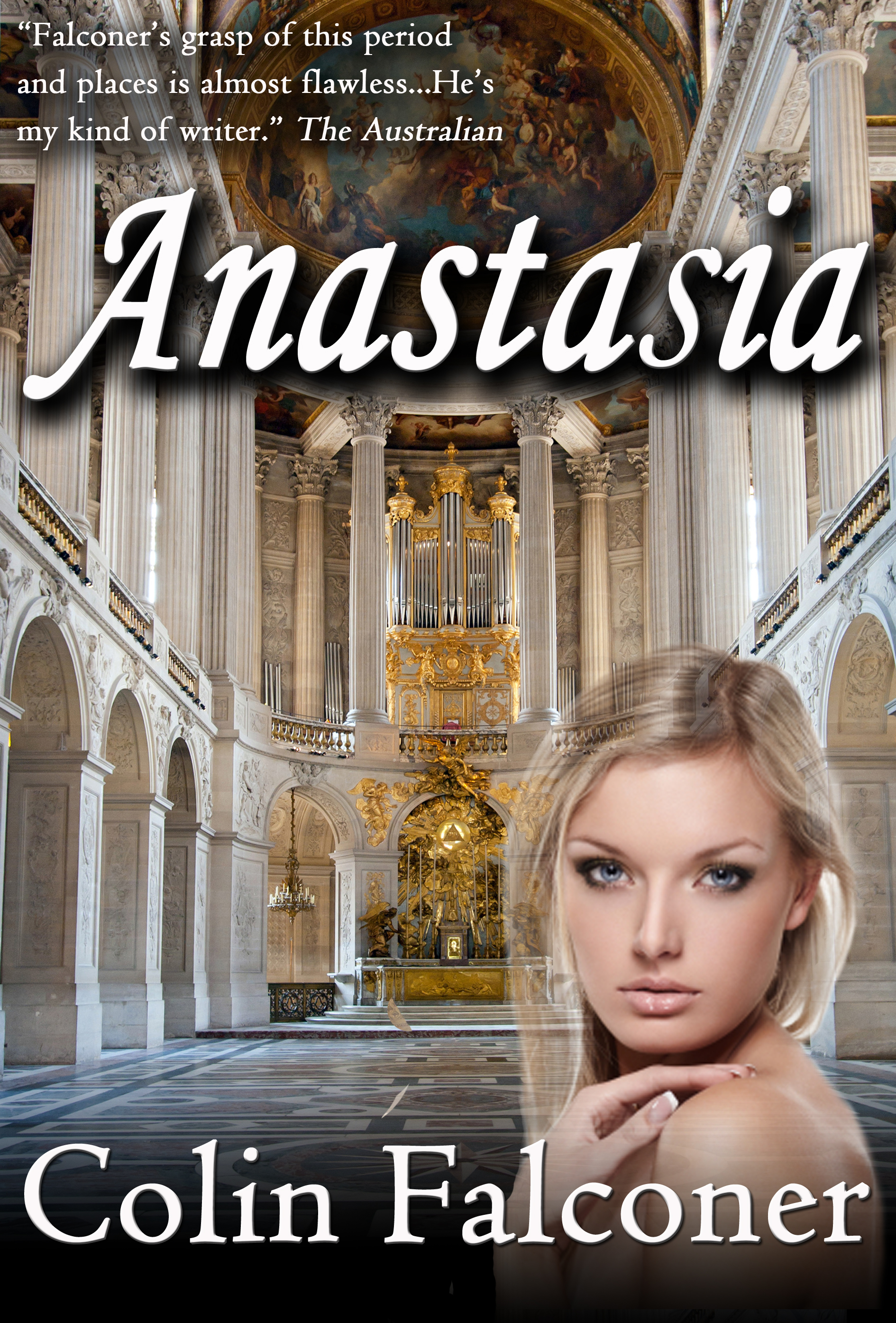
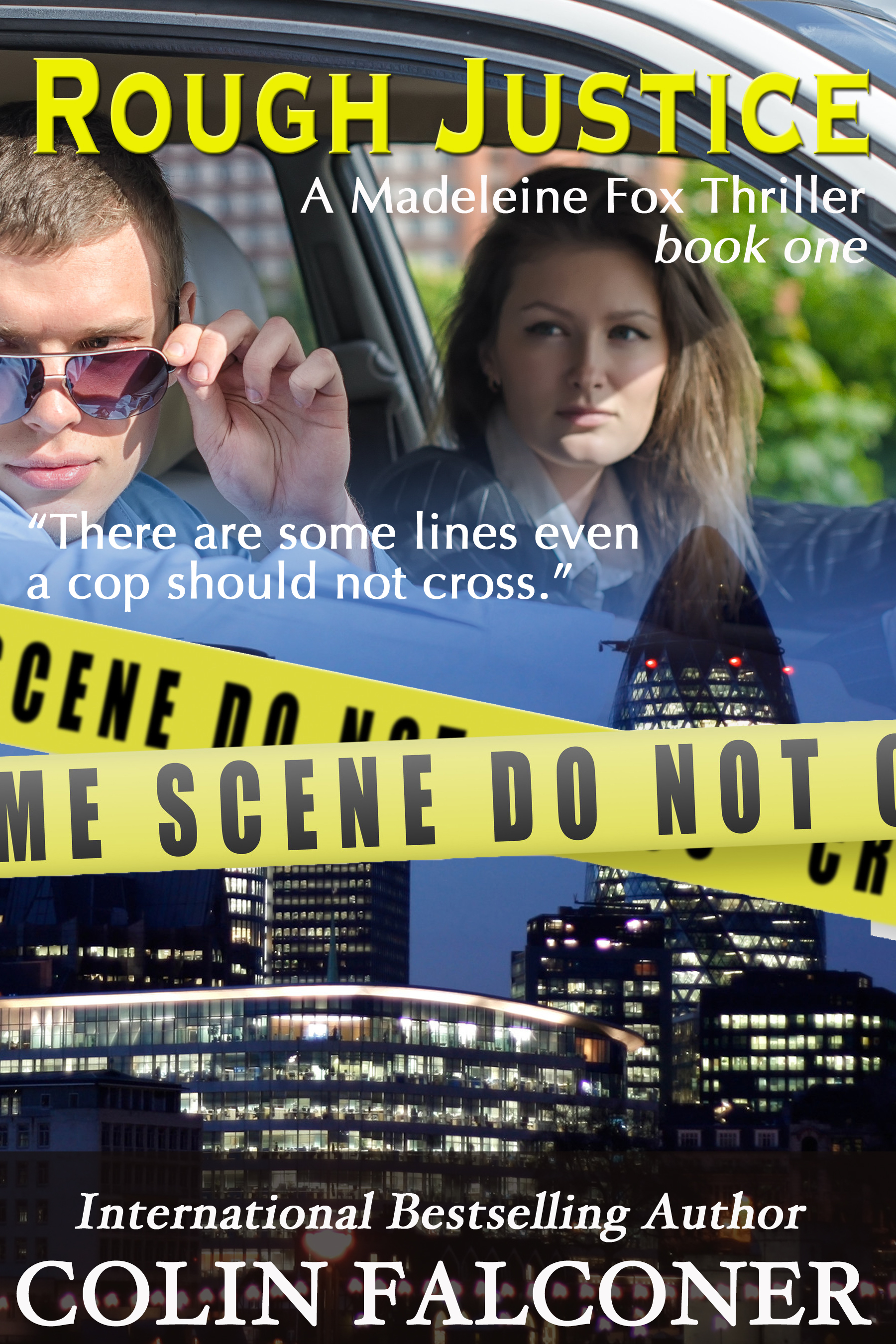
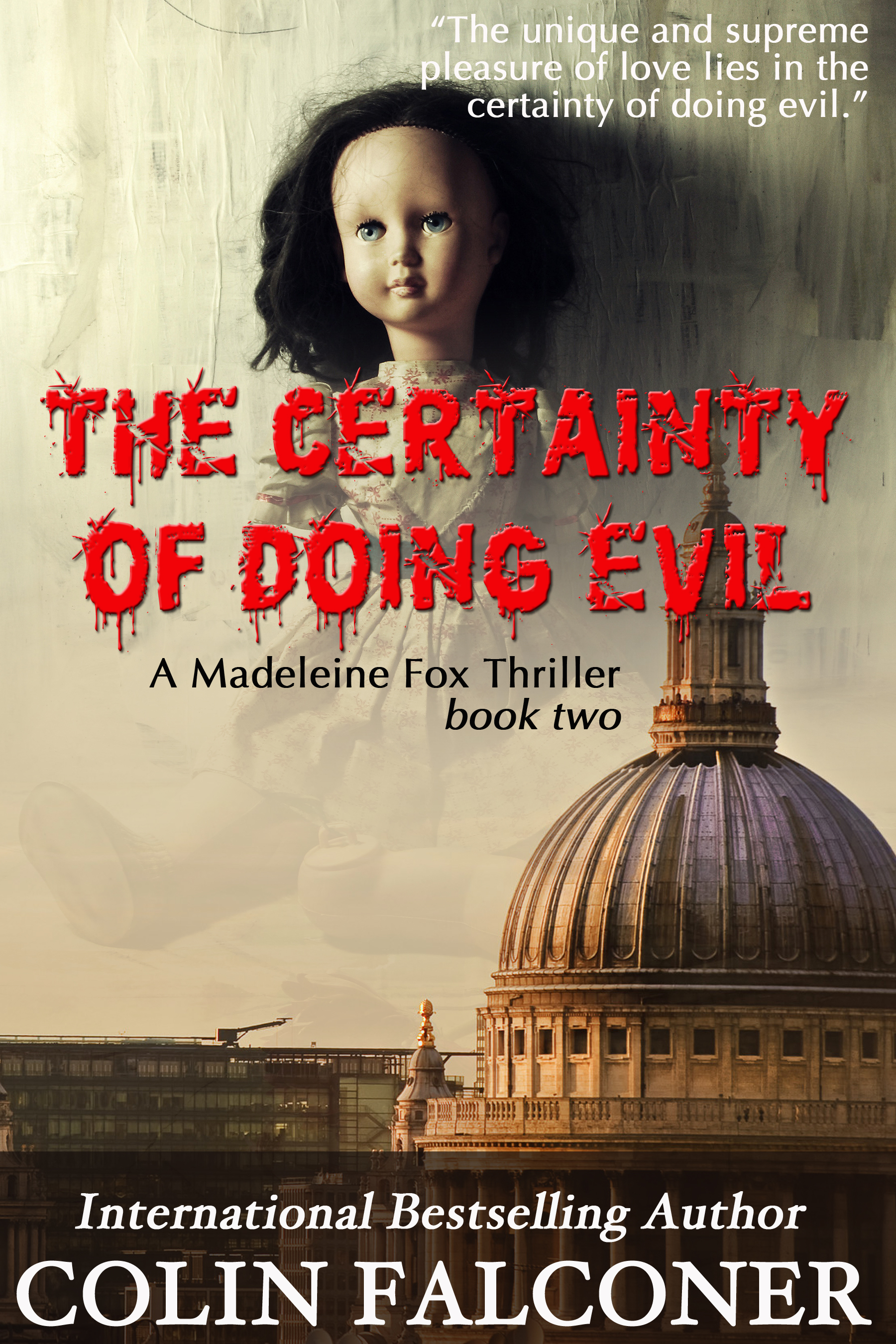
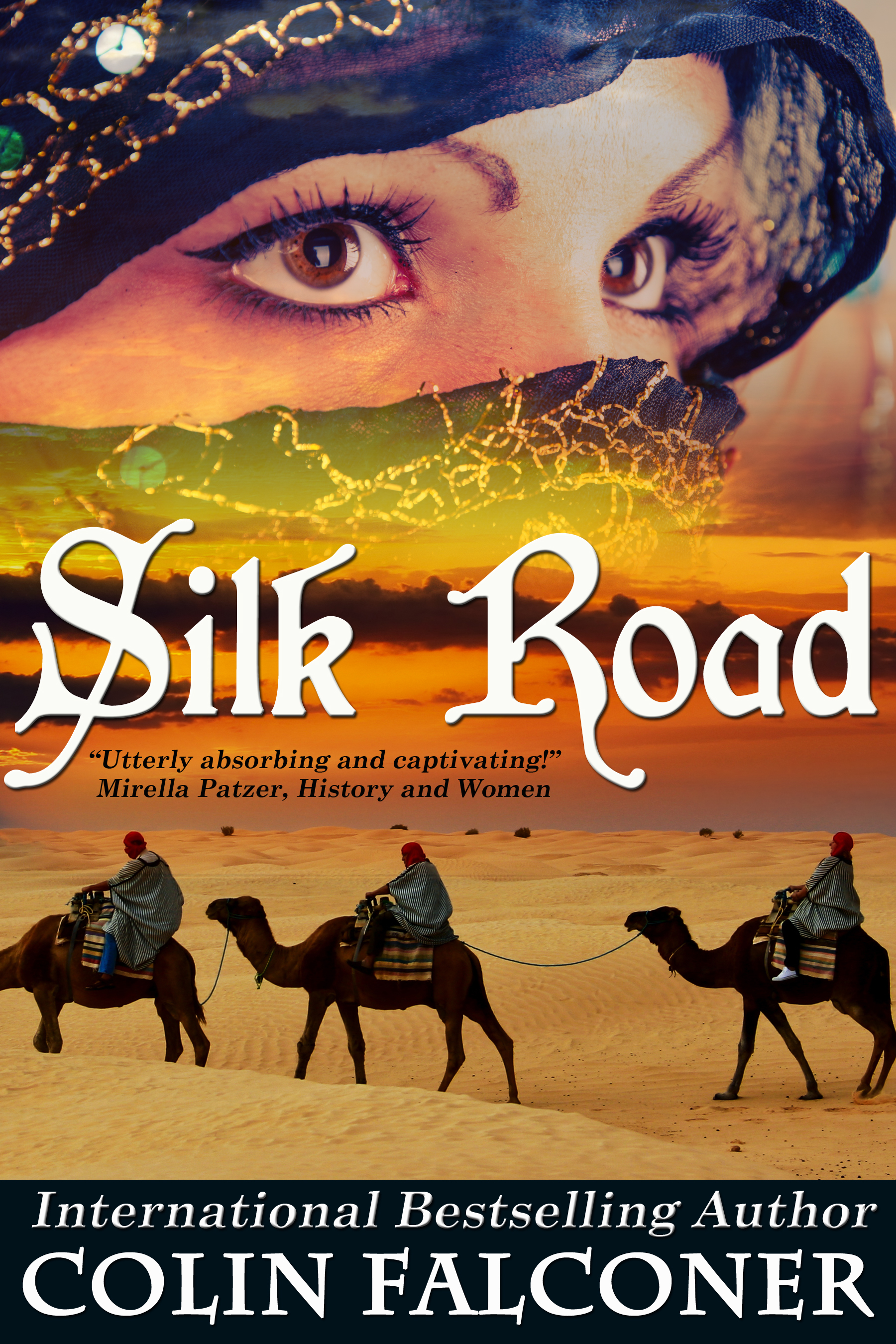
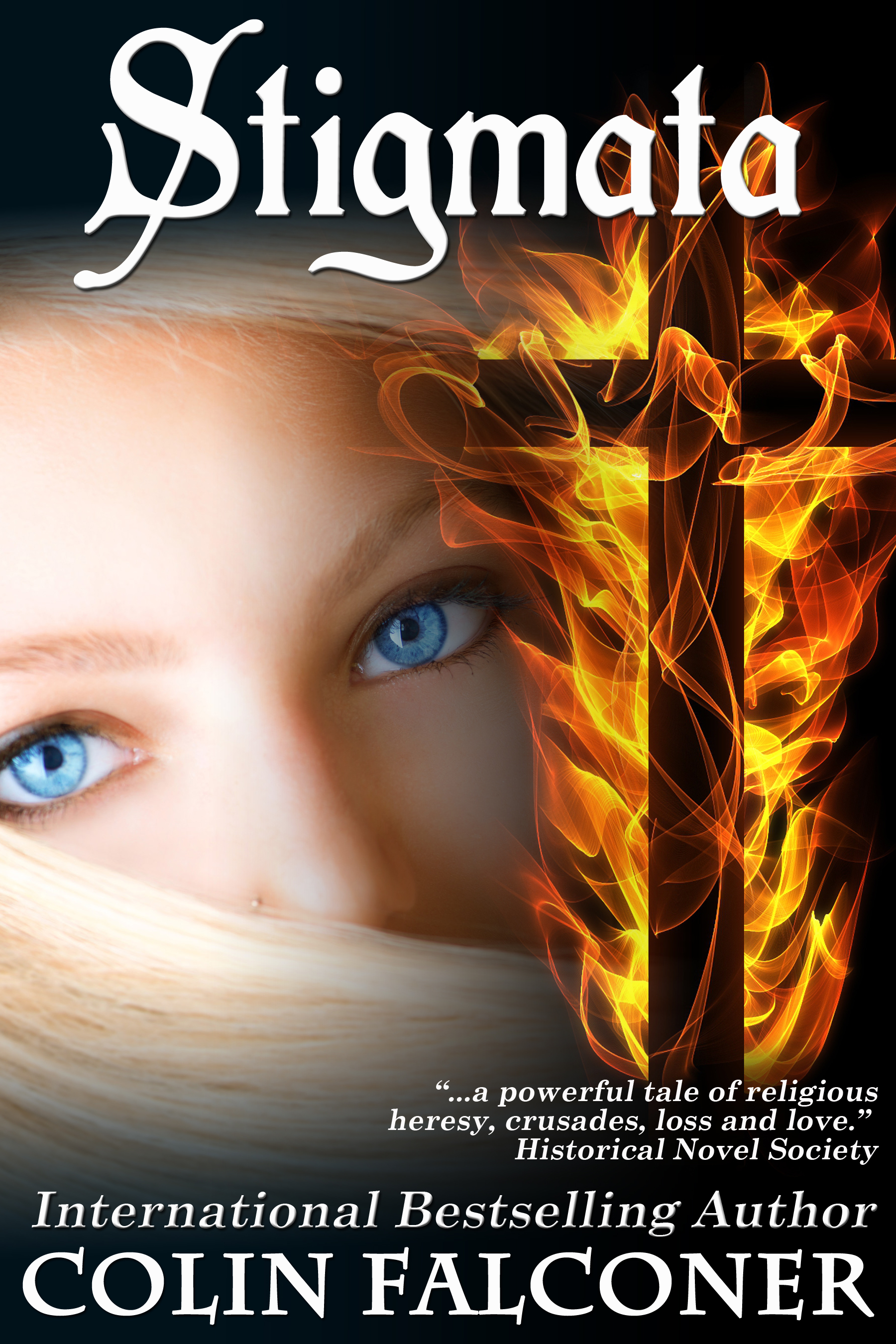
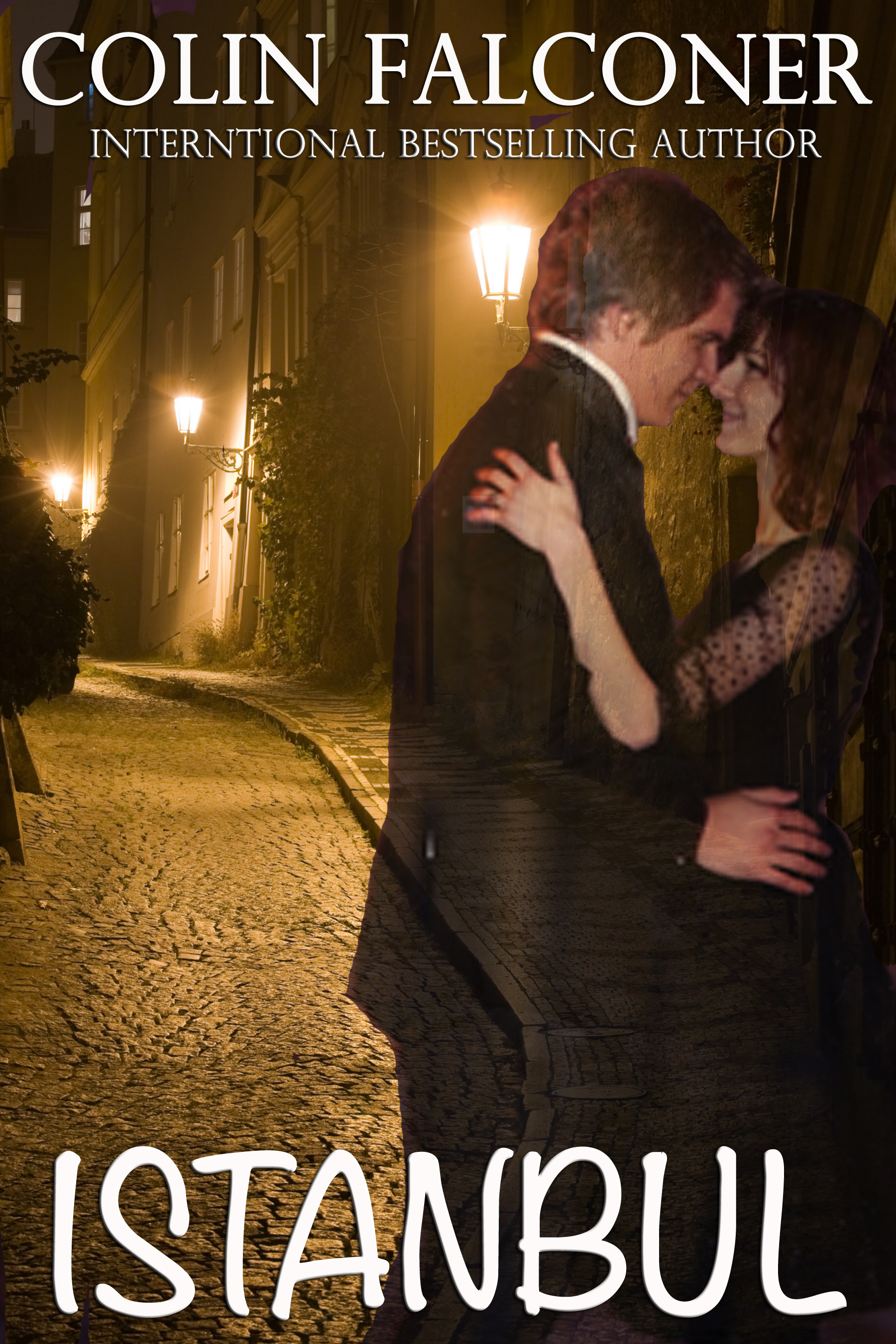

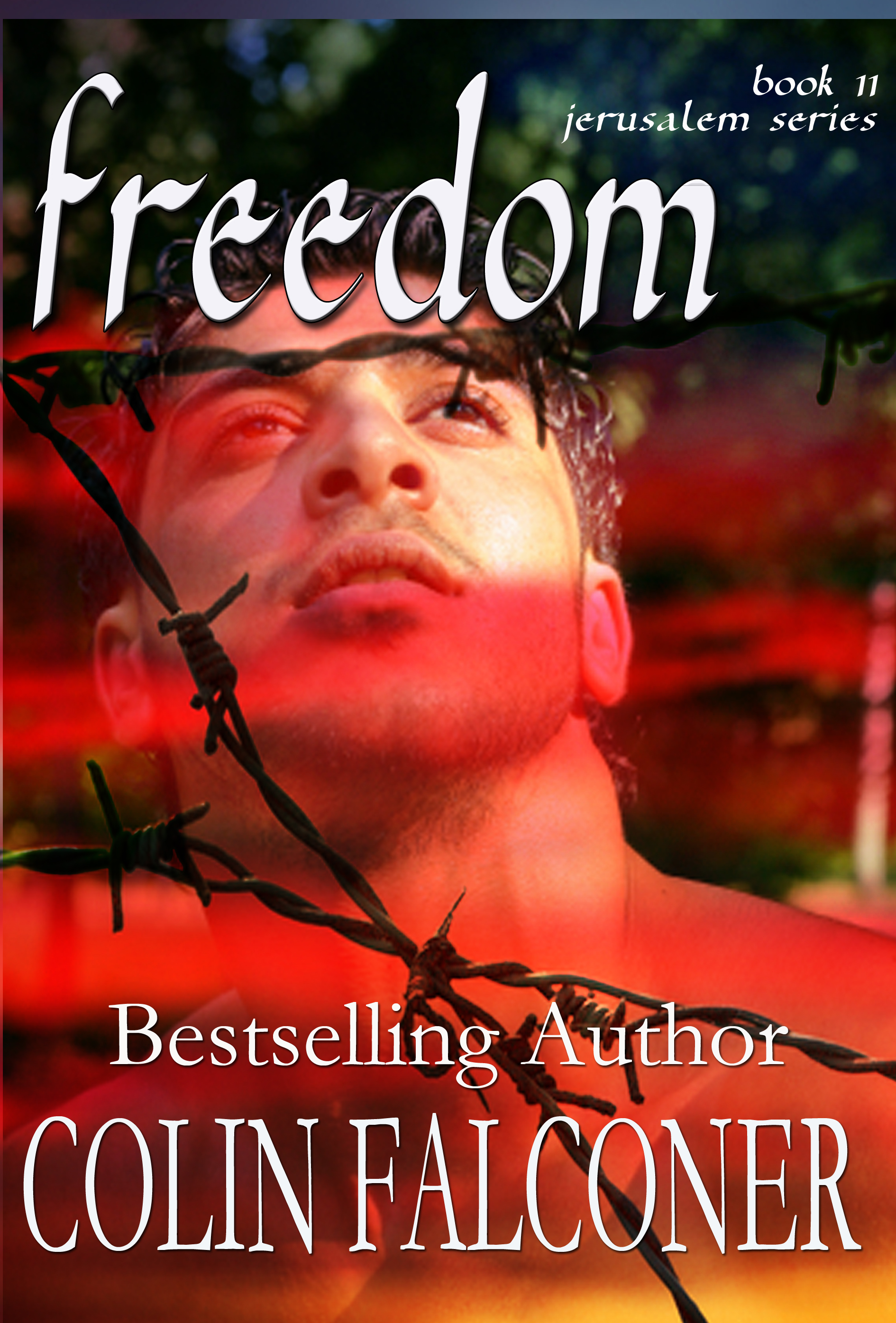


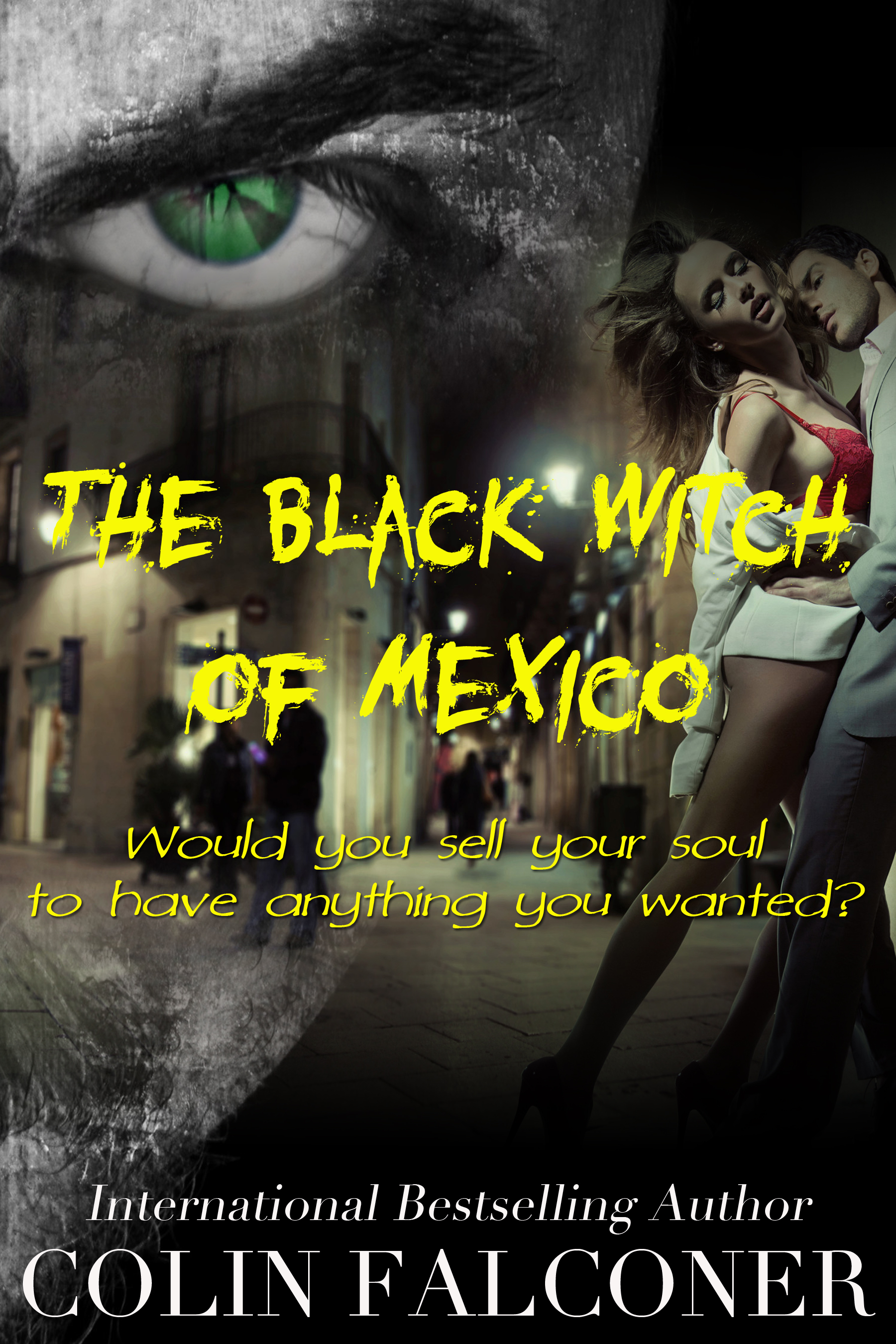

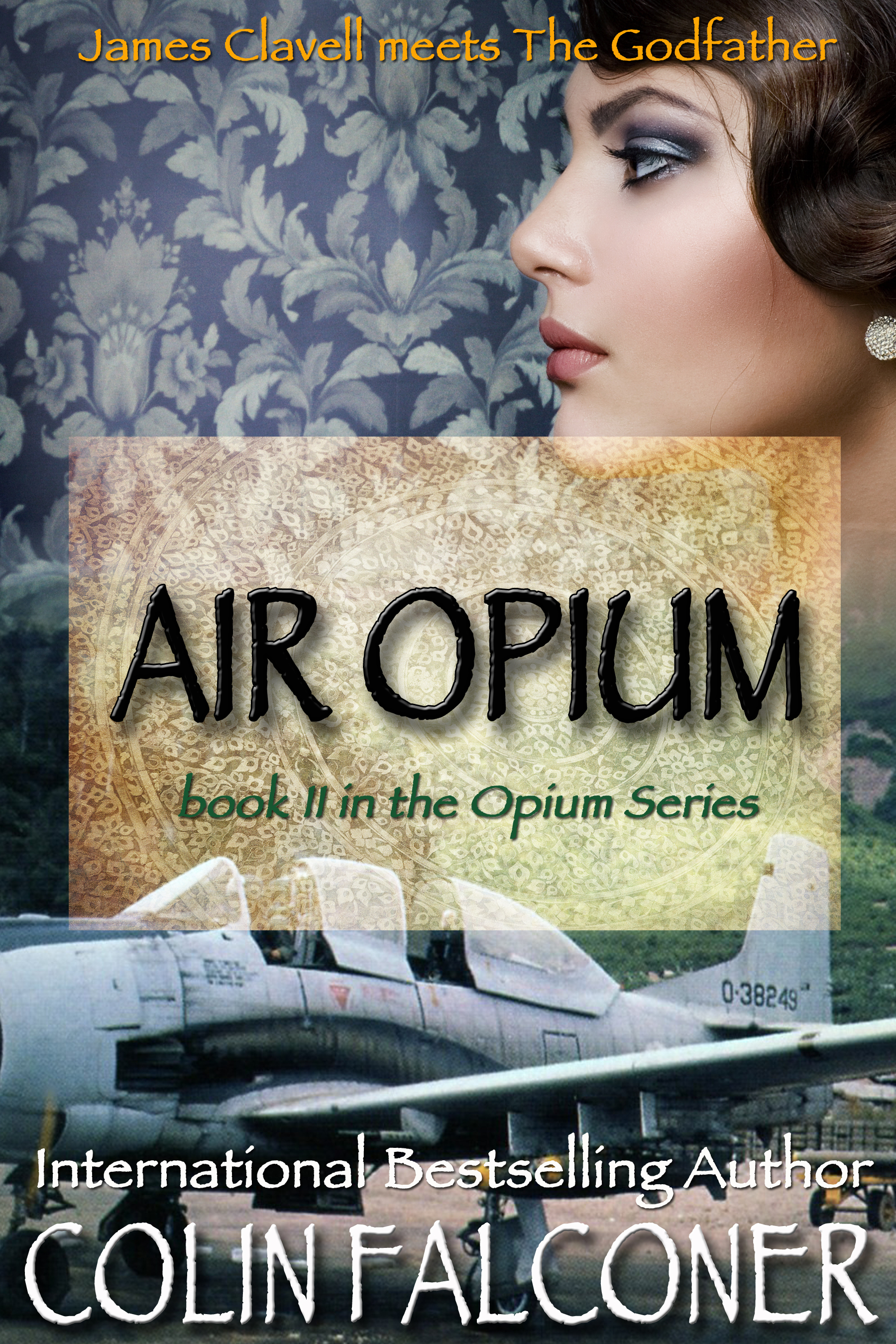
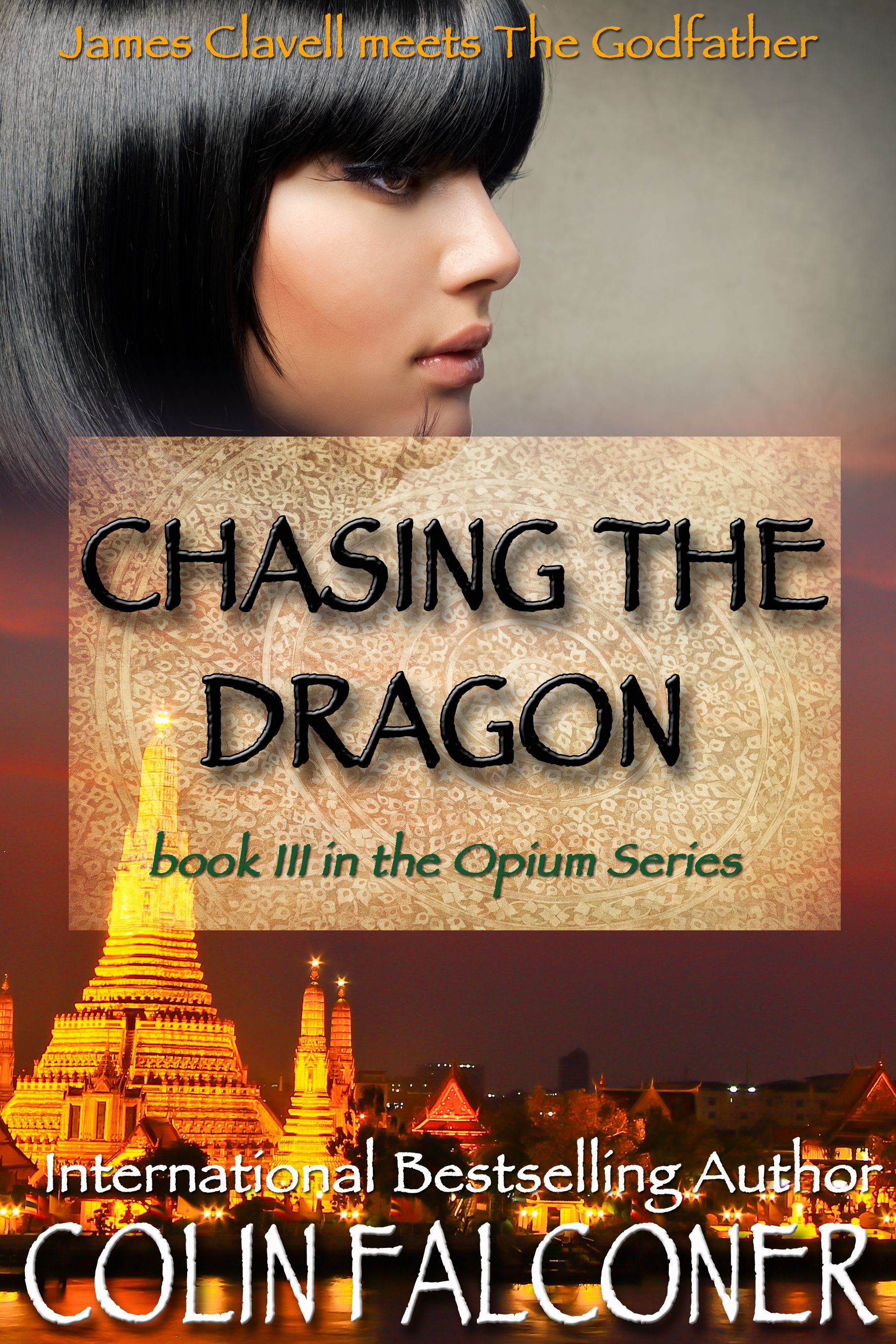
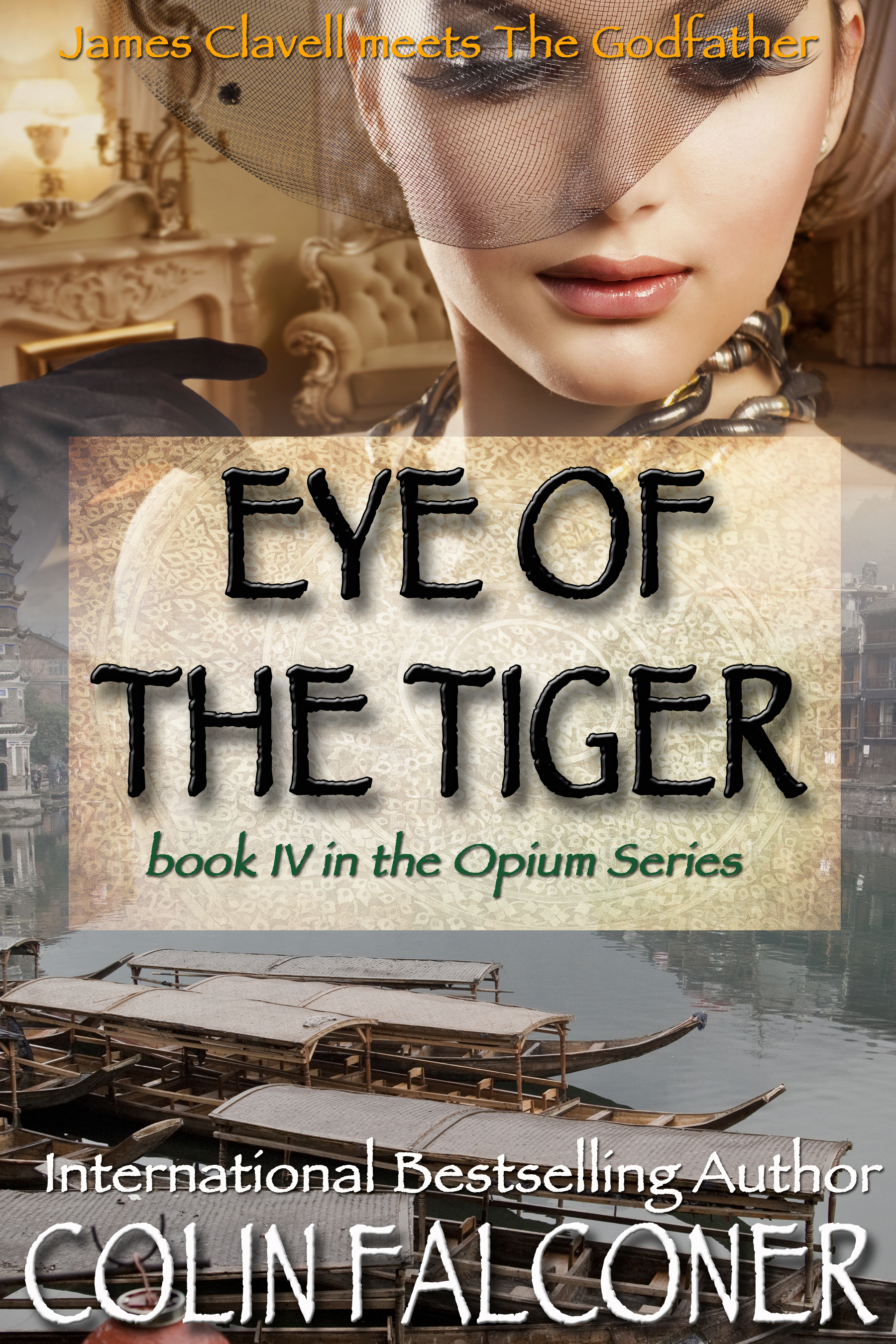
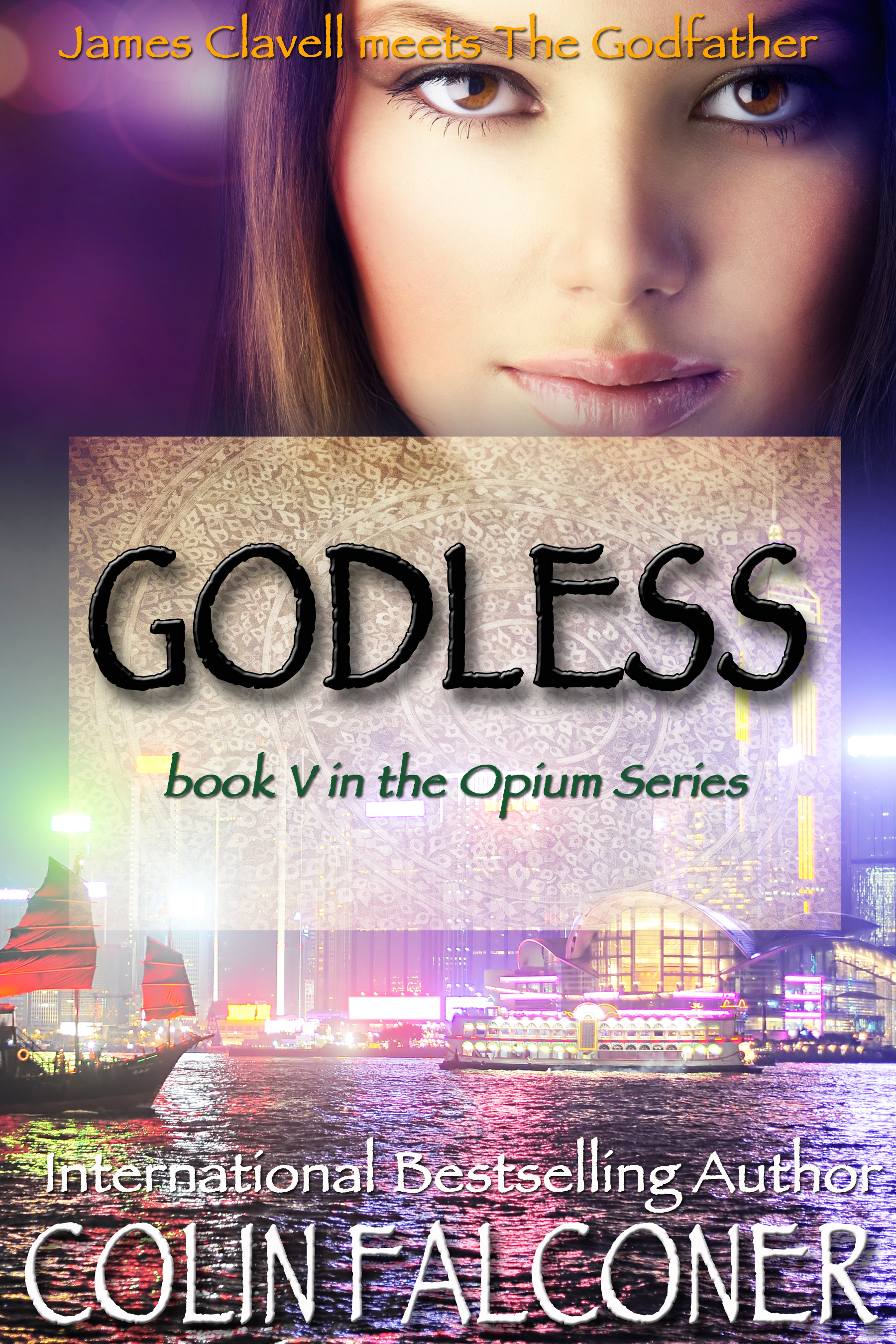
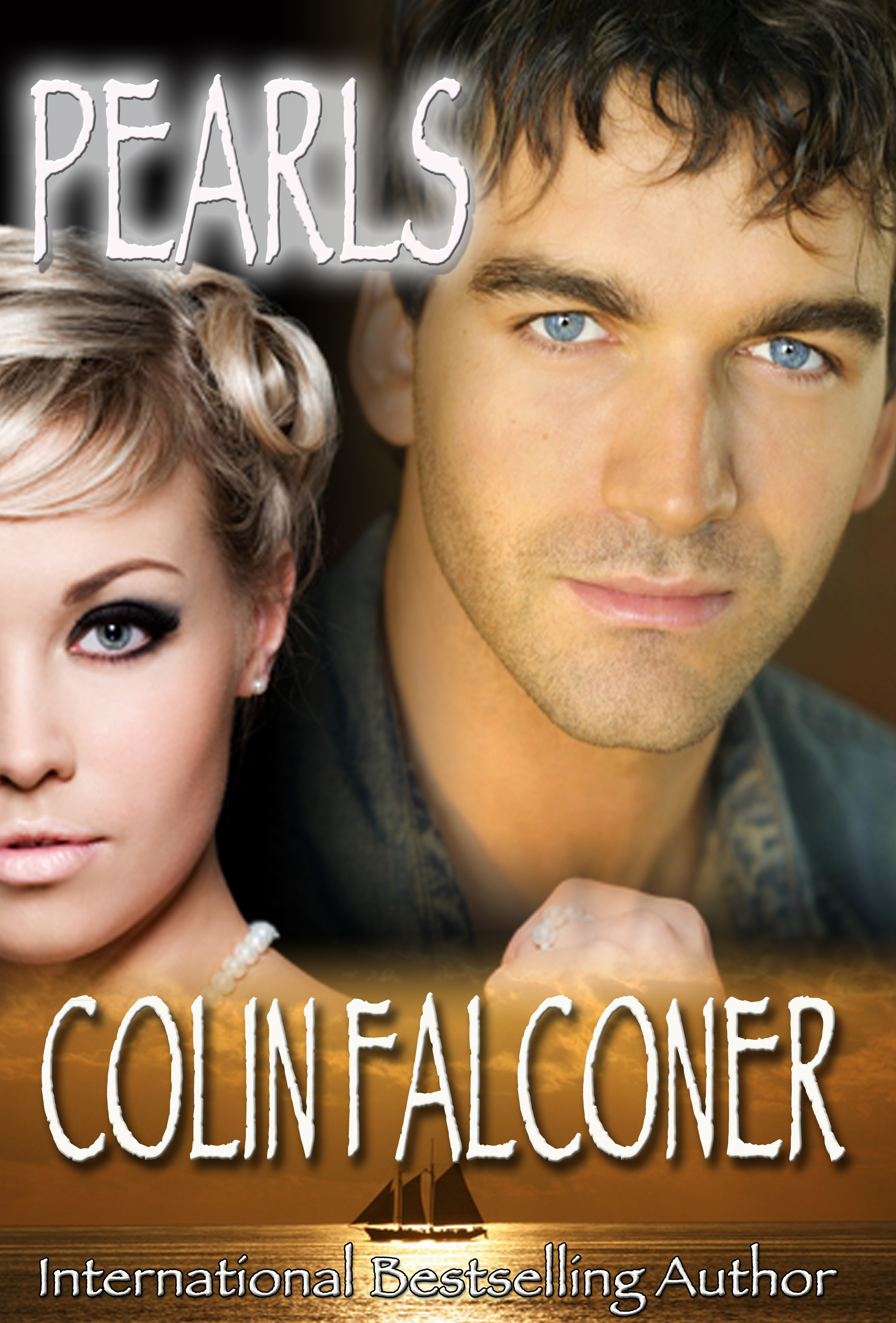

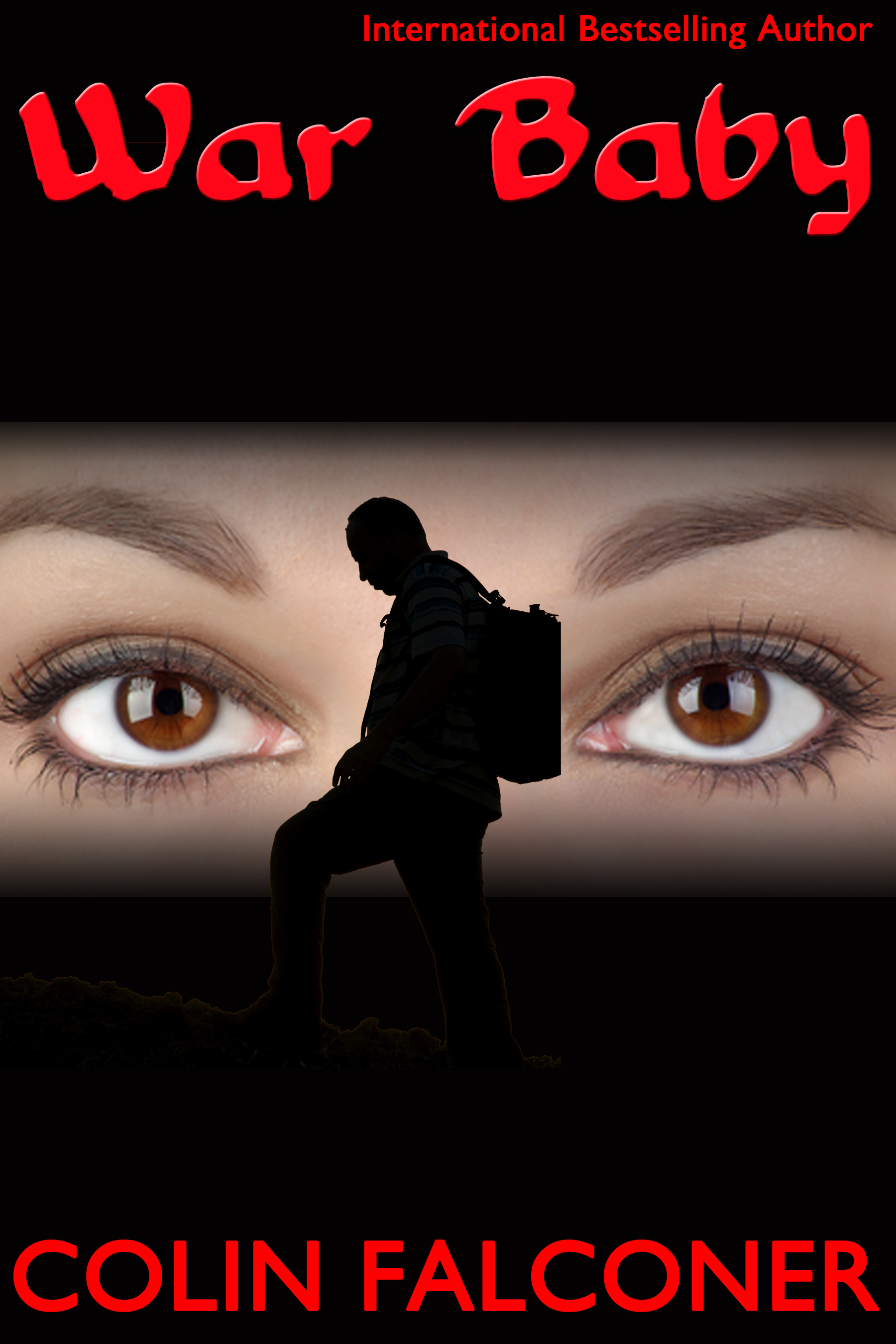

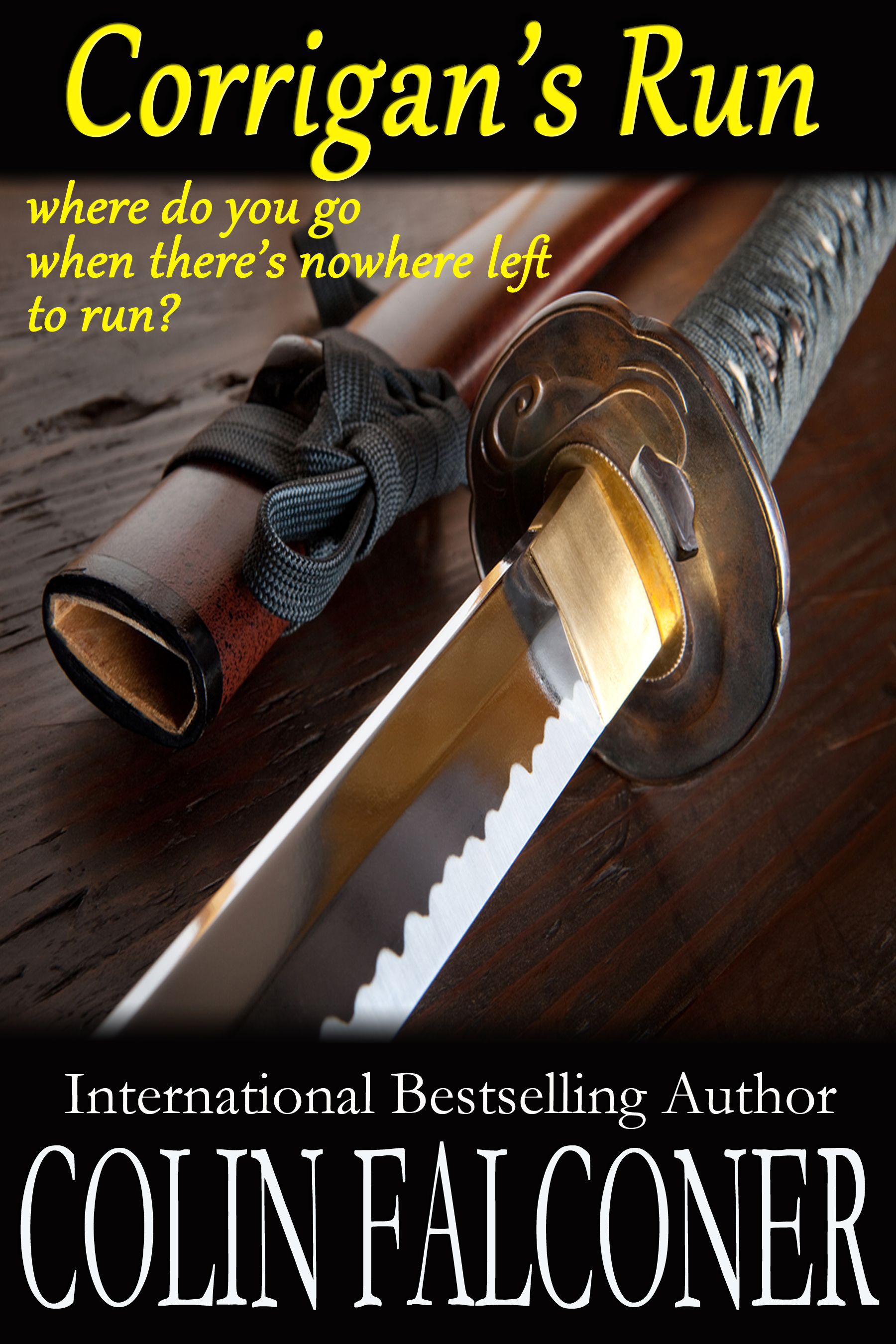
I’ve actually given this subject a lot of thought in the past year, especially because of Richard III. This could be because my wife bought me “The Daughter Of Time” by Josephine Tey, which expands on the Richard III background quite extensively (and happens to be an excellent book in its own right).
In the end, I have to admit, I just like being entertained. If I’m left with something deeper to think about, that’s even better.
And I agree, Panos, first and foremost, the reader should be entertained. I think that there’s a danger the reader can be forgotten in the quest for absolute veracity.
I understand your point of view, but I disagree. When readers pick up an historical novel, they assume the history is accurate. Why write a novel about history if it’s not actual history? If historical novelists (of which I am one) want to change history, they need to tell the reader in the forward the novel is a re-imagining. I’ve been shocked after reading historical novels I trusted and enjoyed to find out the novel was wildly inaccurate. Also, personally, I’ve found the truth is always more interesting than anything I could make up. An historical novel should be putting a fictional character in a factual historical situation.
What point of view do you disagree with? To my knowledge I have never once broken with historical record in placing my fiction inside a particular milieu. Not once. In my last book, which was over 500 pages my only mistake was having a particular vegetable growing in a place to which it had not yet been introduced. I am an absolute stickler for research so I think we agree on our own chosen method. The point I was making was that I might be loathe to put those same limitations on Shakespeare, Shaffer and Doctorow - I would hate to lose them out of our canon if we applied the same tenets.
Accurate? Who the heck knows what happened? History is written by the winners. Besides it is called historical fiction for a reason, folks. Yes, it is based on history, but it is fiction, as in a made up- story. Just enjoy the story and give up all hope of a better past.
I wish I could rewrite some of my history, Prudence, but friends keep bringing me back to the facts!
Roman history is very accurate and most European history from 1200 or so gives a fairly accurate picture of what happened. Dates tell us a lot. History matters because it’s one of the rocks on which we can judge our times, it has lessons we can learn from. If this weren’t true we wouldn’t teach it in the public school system.
Now here’s the only place where we might differ a little in that I don’t always think that we can equate history with truth. I agree with Philippa Gregory; ‘We know that person was here, we know they end up over there. Why would they do that? Who would have been with them? What were they feeling?’ You read one historian you get the facts. You read two historians writing about the same period, you get argument. Go to Dresden, for example, and you get a completely different history of Harris and British Bomber Command than you do in England. The facts are exactly the same. But was it legitimate warfare - or a war crime? In Britain they built him a statue - in Dresden they talk about him as if he’s Stalin. My father was in that war - when I was a little kid HE was the one who taught me to question what they were teaching me in school about that same war.
Today it was stated that a 4th century papyrus has been found proving that Jesus of Nazareth was married! Hmm. theologians (such as myself - albeit it a bad one !) have said this for years,but does a piece of paper written all that time after his life prove anything>? There are thosse who will says ‘But it is written, so it MUST be trutgh’, to which the response must be the words of Pilate ‘what is truth’. ‘ and anyway books have been written about Jesus being married to Mary Magdalene but now we have PROOF. But just like the Greek tragedies , they are not proven truth but they are kathartic, and that is what we humans need most. accuracy and truth are virtually impossible because we were not there, and even had we been, eye witnesses are unreliable and my truth is not your truth. so enjoy your kathartic novels, enter that other world of dreams, remembering that absolute truth is unobtainable in our lifetime.
I couldn’t agree more. There was an excellent historical novel by Ian Pears ‘An Instance of the Fingerpost’ that examined the same incident from four different viewpoints and came up with four different stories. I think perhaps we know our own truth. I don’t consider my personal honesty elastic. But as every defense lawyer knows, facts can be very malleable.
The papyrus is so incomplete it’s impossible to know exactly what it means. For instance, Jesus could have been referring to the church as his wife. Jesus used parables. On the other hand, we do know much about history. We know that Henry II asked his knights “who will rid me of this troublesome priest?” and some went to Canterbury and murdered Thomas Becket. We even have an eyewitness report. So saying absolute truth is unattainable in our lifetime is a stretch.
Novelists who want to distort history should just set the novel in an alternant universe.
sorry, according to stories, the papyrus quotes Jesus referring to Mary as his wife. But now Biblical experts say they doubt the papyrus is authentic, and if it is, whether the writer was a fully-informed individual. Here’s a link to a Huffington Post story on the papyrus. http://www.huffingtonpost.com/2012/09/19/jesus-wife-papyrus-authen_n_1897169.html
The clue’s in the word: fiction - it’s about the story. The history is the framework for the story, so if the history is unconvincing or fatally flawed the story may founder. Also, because of the nature of history it provides the environment as well as the framework so there are two areas the writer needs to work on - films tend to be rather sketchy about both. Getting the environment right demands at the very least some decent research; getting the framework right can be more difficult as that thorny question of interpretation (referred to above) emerges. If it’s acceptable for historians to hold a particular line about events and motives then it must be equally acceptable for fiction writers - with the added bonus that you do not have to justify your view!
Okay Derek, I understand your point of view and it has merit. But, when historical novelists write things they know aren’t true (like, for instance, putting two historical figures together at the same place, at the same time, when the writer knows better), that’s not writing an historical novel, that’s fantasy. I could explain more about what I mean if I could tell you the particular novel I have in mind (very very successful), but I don’t want to criticize another writer.
Interesting piece, certainly. As an avid reader of HF, an Historian and a dabbler in writing the genre, I do feel that an author’s note which informs the reader which bits are real and which are created allows the reader to trust the author more, that they do know their subject. Total fabrication in a loose, misunderstood, unexplained historical setting borders on sci-fi / fantasy for all the reality included.
And I do agree with this: Hilary Mantel’s excellent WOLF HALL is a case in point. She was absolutely meticulous in cross referencing where all her characters where at certain places and times, yet she chose to interpret Thomas Cromwell as a sympathetic character while all previous history had painted him as something of a rat. But then, both Shakespeare and Boyne and Shaffer deliberately ignored these rules. So what should we do with them???
Sorry, no patience with Braveheart. There was just so much wrong with it that it was excruciating to watch. As for writing, I’ve made life more difficult for myself by writing about LBGT characters in an historical setting - people for whom much of the evidence has been erased. I do my research, try to treat my subject with care and respect , try to make the stories entertaining and accept criticism as gracefullly as I can.
I have to disagree with the assertion that the history taught in schools and colleges is accurate. Many of the texts have been bowdlerised to make them more acceptable to the people who decide what is appropriate for young minds to know about. I remember how shocked I was when I heard that Henry V had ordered his archers to kill all the French prisoners at Agincourt. They didn’t teach us that little snippet in school.
Thanks Elin: and my particular bugbear are the persistent portrayals of Elizabeth I as Good Queen Bess. The use of torture reached an apogee during her reign. And I agree with you about Agincourt; they never taught us that in school either. How history is taught in schools remains a politicized subject all around the world. You never have this trouble with maths!
True, not all history is printed, but we do know it’s important. And writing about what we don’t know, and can’t know, is one thing, (and I’m sure you do an excellent job Elin), but I’m talking about deliberate distortion.
Thank you Julia for contributing so passionately to this lively discussion. It’s been great. I don’t think our views are that far apart. And thank you also for keeping the name of that other novel out of it, that showed great restraint, I know it’s hard when you’re trying to make a point but don’t want to denigrate another’s work. Really appreciate all your comments and your input into this dialogue.
I’ve always loved this debate; is old Vlad Tepes a patriot or the storied Count Dracul? If you were under his protection, he was a savior, if you were one of the Saracen emissaries attempting to treat with Prince Vlad, and wound up with your turban nailed to your head, I believe you probably had a bit dimmer opinion of him.
As it happens, long before “Braveheart” ever made it’s way into the zeitgeist, I heard this story. I heard it from my father, because it was passed down over the generations of Wallaces from Glasgow, Scotland until the story made its way to the shores of Lake Michigan, where we settled briefly before finally winding up in California. I do not remember the first time I heard it. As it happens, by the time the book was published and the movie was released, my father had died; he died in 1987.
It is more or less correct, one of the incorrect parts actually propel the movie and establish that initial conflict. The business with the wife; there was no wife and the line is descended from one of the three brothers. Of course, that nonsense with the French Queen! O Ye Jugs and Juleps! Absurd! My father, who was an only son (I am an only child) told me, “William died without issue.” We also had yards and yards of Wallace Tartan that was over 100 years old. The reason this wool is so expensive is it looks new, even when aged. You can’t kill it. I am digressing wildly here, but this is the history as I know it from one of an insider’s views. Randall Wallace wrote the book treatment and screen treatment. I’ve never met him and I’m sure he’s related, but Wallaces are all over the place. I remember crying when Sir William died; my mother looked at me and said, “what the hell’s wrong with you? Wallaces are like fleas.”
A couple of more oddments. “Wallace” as a surname means “foreigner” from the Old French, translated to Welsh. Interesting, the Scots and French were allies against the English. In 1985, my father was held in by Customs in Heathrow Airport trying to enter Great Britain. For over 36 hours, they kept him in a room.They finally let him into the country. I was in school and never found out about this until I read his diary. It was actually pretty funny. He was never told why he was put in custody. Boy, was he pissed. After the movie was made and became famous, my mother said to me, “I saw a picture of that statue in Glasgow. I didn’t know Mel Gibson was a Wallace.” She’s a Ross, so she’s forgiven.
Now that I’ve had my fun, I have to say that as writers, and historical fiction writers, there is a certain obligation to research and at least try not to have Copernicus driving a Cadillac. But, blurring lines or compressing events, or even characters to tighten a plot or serve a purpose instead of two to impel the story is important too. I think what you are doing is still valid. Trying to adhere strictly to every particle of historical minutiae and trying to make sure that your history absolutely reflects the real history would be impractical, if not impossible and, boring to boot. I really don’t want to hear about how Richard Strauss bathed his young son. I want to hear about how he tried to play Joseph Goebbels into letting him work with the Jewish Stefan Zweig. Either Amazeballs, or Amazestupidballs. Methinks the latter. Colin, lovely, lovely post! Mary <3
What a wonderful comment, Violafury!
I read a lot of historical fiction. I love the kind that gets the historical background right. I may not want to hear about how Richard Strauss bathed his son, but if that detail is there I want to know that the brand of tub was available in that time and place. - and yes, if the author has played a bit with history, I want them to say so. Most good writers do.
In my teens and later I was a huge fan of Frank Yerby, who wrote highly entertaining historical romances which I still enjoy. Only problem is that I studied history later as well as performing Renaissance dance and when I re-read The Saracen Blade, a teen favourite, I found niggling little inaccuracies which I mostly won’t go into, such as a lively Renaissance dance I used to enjoy doing being thrown into the Middle Ages as a slow dance in which the characters got to talk to each other as they danced! Just an example, there was much more. And yet, this man did his historical research, wrote entire appendices of notes at the back and gave you his huge bibliographies. You just have to accept that different writers do things differently and if it works for you, it works. As for Shakespeare, he did his research; it just wasn’t an accurate account of Richard’s reign - and even if he had had access to an accurate account, it would never have gotten past the censors in the reign of Henry Tudor’s granddaughter. What he did find was a wonderful story he could turn int a superb play.
To be honest, I didn’t care much for John Boyne’s novel. I didn’t hate it, but I have read much better child Holocaust fiction with characters I cared about, from Morris Gleitzman, in Once, Then, Now and After. Gleitzman made me cry, Boyne didn’t. Personal taste.
Sue, thank you for the wonderful ideas. I love to explore new views. “Simfonia Domestica” is horrid. I used to refer to it as “catshit being delivered in a Rolls Royce.” I know; I’m bad. Richard is someone I love playing, but “Domestica” is possibly my least favorite of his big symphonic pieces. As for getting the historical background right, often times, I suspect it might be more a matter of subtle propaganda; a loaded term, if ever there was one. “Braveheart” is really so far removed from the actuality of day-to-day life as a crofter in Scotland in the 13th century as to be ludicrous and to be honest, I find the movie boring. My father always thought, I believe, that the Wallaces were more a provincial tribe and was secretly more amused than ready to shout “Freedom.” and storm Dover. Again, he died in 1987, long before book and movie, but was no fan of England.
I approach historical fiction with the knowledge that the term is probably a bit of a misnomer. “Fiction of history” may be a bit more apropos, but hardly does credit to the authors, who do labor to bring as truthful an account as possible to their loyal readers, while being as entertaining, as they possibly can. So, I think “Historical Fiction” is appropriate for such writers. How much of what is redacted in historical fiction though is due to the author’s “slant” towards or against the protagonist or era that he or she is writing about? Is that even a fair question? I’ve heard it said that just writing about a person or event changes the history. That’s a bit too meta-, I think.
One author that I devoured as a youngster was Jean Plaidy, who (everyone here probably knows of) wrote a series of books about King Henry VIII, and all of his wives. I read them all, numerous times. I read every single book I could get my hands on by various authors about the Roman Empire, from Julius Caesar to Claudius. The fact that I aced that historical era at University, in Western Civ 101, is more a testament to the veracity and thoroughness of the authors’ research, not my study habits.
One other note; I seem to remember reading that James Michener, for all of his finely detailed minutiae in his sprawling sagas that spanned generations employed rafts of historical researchers. This being the case, what obligation does the author have to give credit to his researchers? I read Michener for years, then gave him up, when his books became fill-in-the-blank. I don’t want to seem sarcastic; I am not. I just felt he got all too slap-dash. I love historical fiction. Mr. Falconer’s website here is a gem! Mary <3
Didn’t know that about Michener or Wallace’s name! Live and learn. I guess when you’ve sold a lot of books you can afford to pay research assistants. As for the name, makes sense. “Welsh”, foreigners, is what the invaders alled the locals way back when, and there were a lot of folk coming to Scotland from south of the border, eg wen David I brought a lot of his mates from the English court, including a certain De Brus…
And I do agree, this is a delightful blog so keep up the good work, Colin - you rock!
As I mentioned, I read that in passing in reference about Michener, so it’s not verified and my main reason for ceasing to read him was I felt a laziness set in; there was a sameness to his set ups; generations, many conflicts, with land, invading forces, etc., before, tada! Triumph. But, I digress. The “Welsh” foreigners, along with a certain De Brus… I got that chill, again.
One hilarious thing about the Scots. If you ever have a chance to go to a St. Andrew Society do, I urge you to go. They holler about all sorts of fun Scottish history and recite lots of Bobby Burns, usually badly, who apparently is in the restroom if you listen to the Society, in their cups. When the dead are brought up, which is often, there is a tendency to speak of them as if they are in the next room, instead of having been dead, lo, these last eleventy 100 years. My parents did this, too. I thought Robert the Bruce was the Boogeyman personified for a few years as a small child. A fusion of horror and history writ large living under my bed. People wonder why I’m a confused mess now. Have a lovely weekend.
Well, what a fascinating conversation you two had! That was brilliant. I have nothing intelligent to add, but thank you both for what you said about my blog. I’m getting into this again on Wednesday - I look forward to your input!~